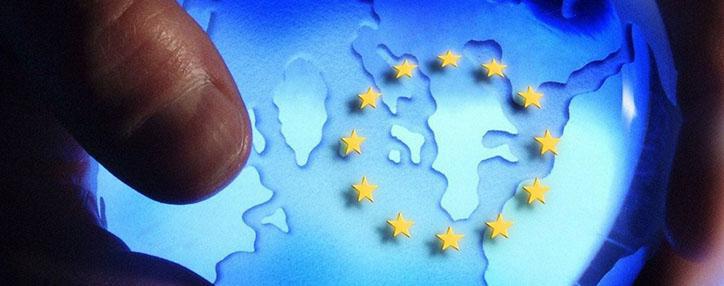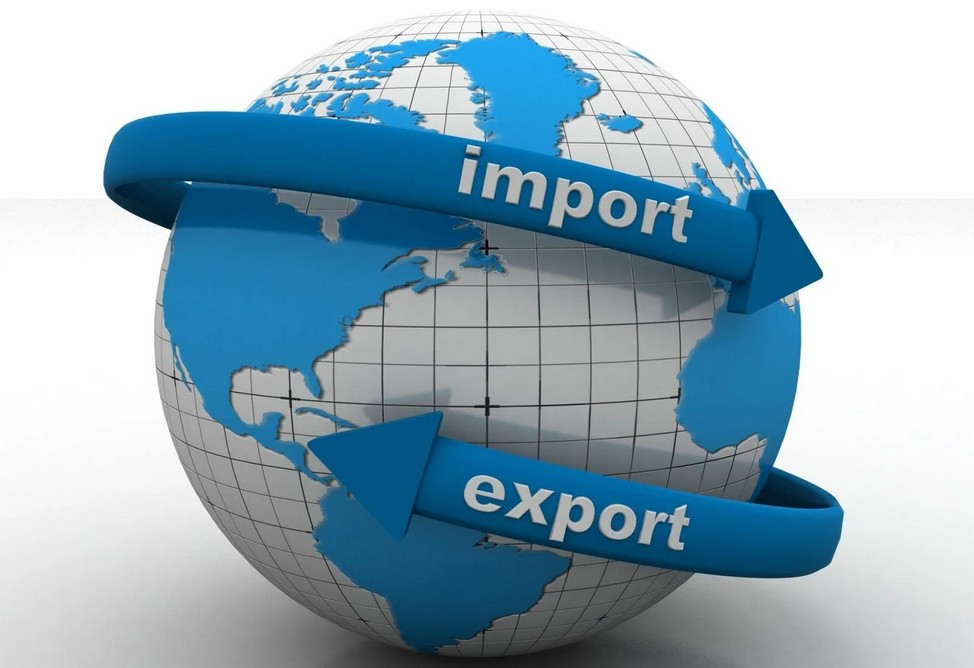EU prolongs restrictive measures against Russia
12.03.2018,
15:30
On 12 March 2018, the European Union Council has prolonged the restrictive measures (against Russia) over actions undermining or threatening the territorial integrity, sovereignty and independence of Ukraine for a further six months, until 15 September 2018, according to a press release, posted on EU’s official website.

YEREVAN, March 12, /ARKA/. On 12 March 2018, the European Union Council has prolonged the restrictive measures (against Russia) over actions undermining or threatening the territorial integrity, sovereignty and independence of Ukraine for a further six months, until 15 September 2018, according to a press release, posted on EU’s official website.
It says the measures consist of asset freezes and travel restrictions. They continue to apply to 150 persons and 38 entities.
It said an assessment of the situation did not justify a change in the sanctions regime. The relevant information and statement of reasons for the listing of these persons and entities were updated as necessary. The legal acts will available in the EU Official Journal of 13 March 2018. Other EU measures in place in response to the Ukraine crisis include: economic sanctions targeting specific sectors of the Russian economy, currently in place until 31 July 2018; restrictive measures in response to the illegal annexation of Crimea and Sevastopol, limited to the territory of Crimea and Sevastopol, currently in place until 23 June 2018.
Sanctions against individuals and legal entities accused of violating the sovereignty of Ukraine, were first imposed by the EU in 2014. Since then, the validity of sanctions has been repeatedly extended, and the list of those who have been sanctioned has been expanded several times.
The list includes the head of the Russian Federation Council (upper parliament chamber) Valentina Matvienko, Deputy Prime Minister Dmitry Rogozin, State Duma Speaker Vyacheslav Volodin, head of the Foreign Intelligence Service Sergei Naryshkin and many other politicians and statesmen, who are prohibited from entering the territory of the EU. -0-
It says the measures consist of asset freezes and travel restrictions. They continue to apply to 150 persons and 38 entities.
It said an assessment of the situation did not justify a change in the sanctions regime. The relevant information and statement of reasons for the listing of these persons and entities were updated as necessary. The legal acts will available in the EU Official Journal of 13 March 2018. Other EU measures in place in response to the Ukraine crisis include: economic sanctions targeting specific sectors of the Russian economy, currently in place until 31 July 2018; restrictive measures in response to the illegal annexation of Crimea and Sevastopol, limited to the territory of Crimea and Sevastopol, currently in place until 23 June 2018.
Sanctions against individuals and legal entities accused of violating the sovereignty of Ukraine, were first imposed by the EU in 2014. Since then, the validity of sanctions has been repeatedly extended, and the list of those who have been sanctioned has been expanded several times.
The list includes the head of the Russian Federation Council (upper parliament chamber) Valentina Matvienko, Deputy Prime Minister Dmitry Rogozin, State Duma Speaker Vyacheslav Volodin, head of the Foreign Intelligence Service Sergei Naryshkin and many other politicians and statesmen, who are prohibited from entering the territory of the EU. -0-



